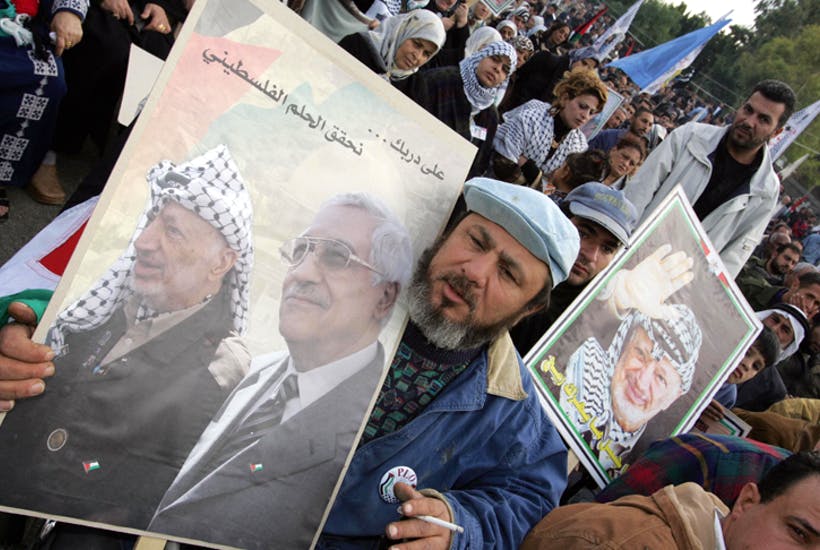The United Nations Global Compact on Migration has brought issues relating to migrants and refugees to the fore for many countries. In Australian, European and US politics – and also in Britain with Brexit – these issues already loom large, going to the heart of the identity, values and direction of these democracies.
When it comes to Israel, there is the call for the ‘right of return’ of Palestinian ‘refugees’ to Israel, and for a binational state in which Israelis and Palestinians including all Palestinian ‘refugees’ will have equal rights. These are official objectives of the BDS (boycott divestment and sanction) campaign against Israel, and are regularly demanded by ‘progressives’ and anti-Israel activists; the most notorious recent example being American media studies academic Marc Lamont Hill at the UN.
Before unpacking what a demand for the right of return and a binational state means, it’s important to note that almost all so-called Palestinian ‘refugees’ are not refugees as the term is normally understood. In the 1940s, there were over 50 million refugees and displaced people, resulting from World War II, the partition of India and Pakistan, expulsion of Jews from Arab states and so on, all of whom were long ago resettled. Only the 700,000-odd Arabs who fled or were expelled from Israel during the 1948 War of Independence have not been. Those still alive, and their descendants, amount to about 5 million today and are registered as refugees, according to UNRWA, the UN agency that exclusively looks after Palestinians.
So, the ‘right of return of Palestinian refugees’, or a binational state, would mean about 5 million people, many of whom have never set foot in the land of Israel, being given citizenship alongside 6.6 million Jews and another 1.7 million Arabs who are already citizens (those who remained during the War of Independence or returned after it). Which would render the Jews a minority.
Read the article by Juliet Moses in The Spectator.

